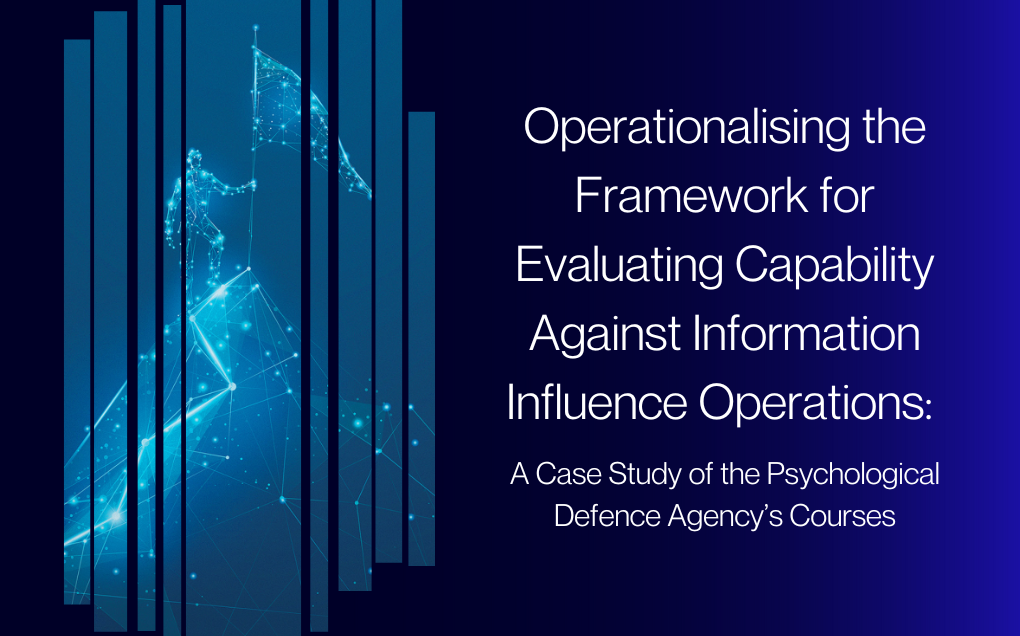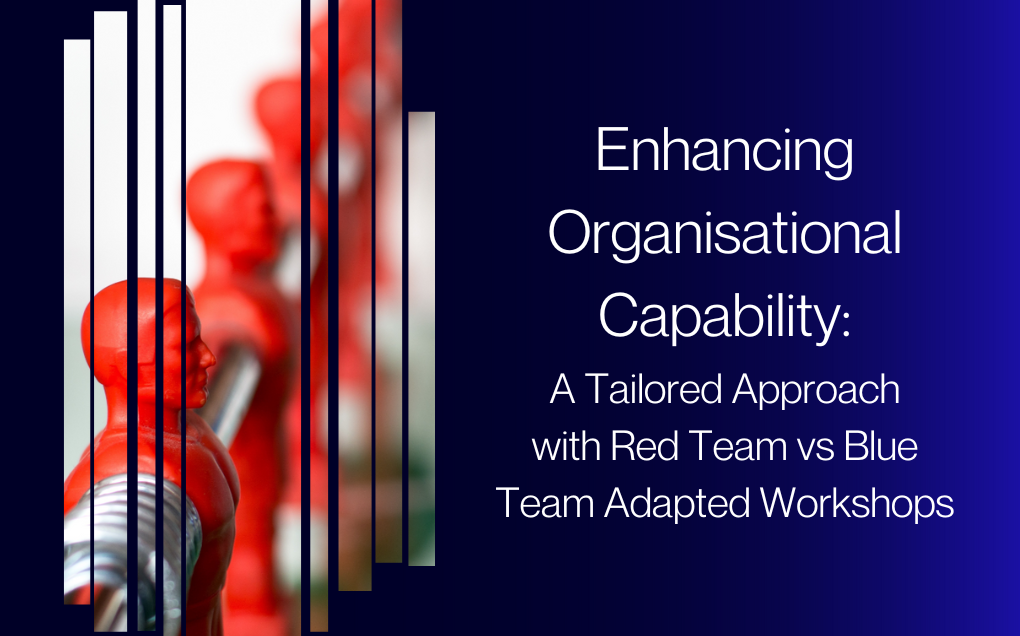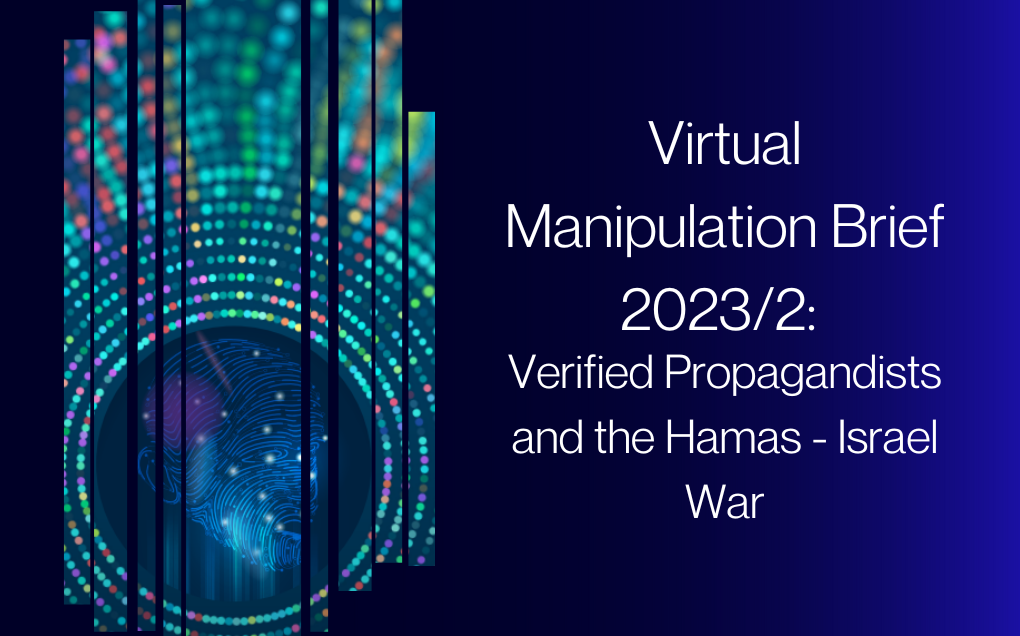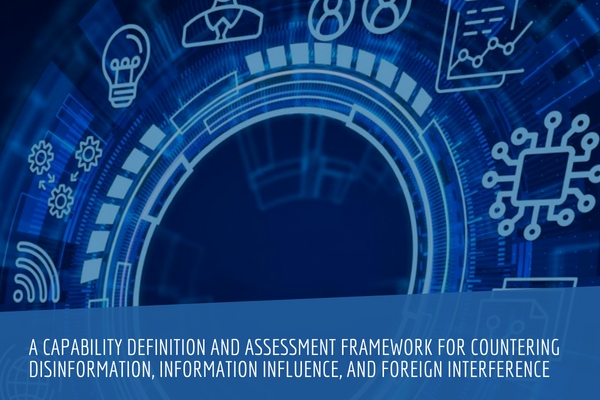IIO capabilities, in a civilian context, include several functions and activities that need to be performed in a coordinated manner, by multiple actors and units, and over different timeframes. It is therefore not always easy to know what kind of strategy and method should be used for assessment; often it differs depending on what is being assessed, the purpose of the assessment, and for whom it is made. Still, without evaluating these capabilities an organisation might not use its resources efficiently or might not be working towards the required capability level. Evaluation is therefore an important and necessary part of quality assurance, and a means for improving the work of the community as a whole.
An initial step was taken in 2022 to establish a common framework for evaluating capability in countering different threats in the information environment through the paper A Capability Definition and Assessment Framework for Countering Disinformation, Information Influence and Foreign Interference, written by James Pamment and published by the NATO Strategic Communications Centre of Excellence.1 For this follow-up report, we focus on education and training to represent a starting point for applying the framework. Education and training are crucial components in developing a prepared and capable organisation. The benefits of improving education and training capabilities are scalable across society. These benefits often reach beyond the specific area of focus, as individuals gain valuable skills and knowledge that can be applied in other areas of their personal and professional lives. Improving education and training in one area of a community or part of the public can have a ripple effect on the entire society, making it a vital component to address.
This report presents an evaluation of the education and course structure of the Swedish Psychological Defence Agency (Myndigheten för psykologiskt försvar, MPF), in effect applying the framework to a concrete example. The MPF was founded with the main objective of coordinating and developing the advancement of Sweden’s psychological defence in partnership with public institutions and other stakeholders in society.2 The aim of the report is to offer advice on how to deploy the evaluation methodology using the previous framework and also some best practice guidance on how to use the framework toolset in the evaluation process.





